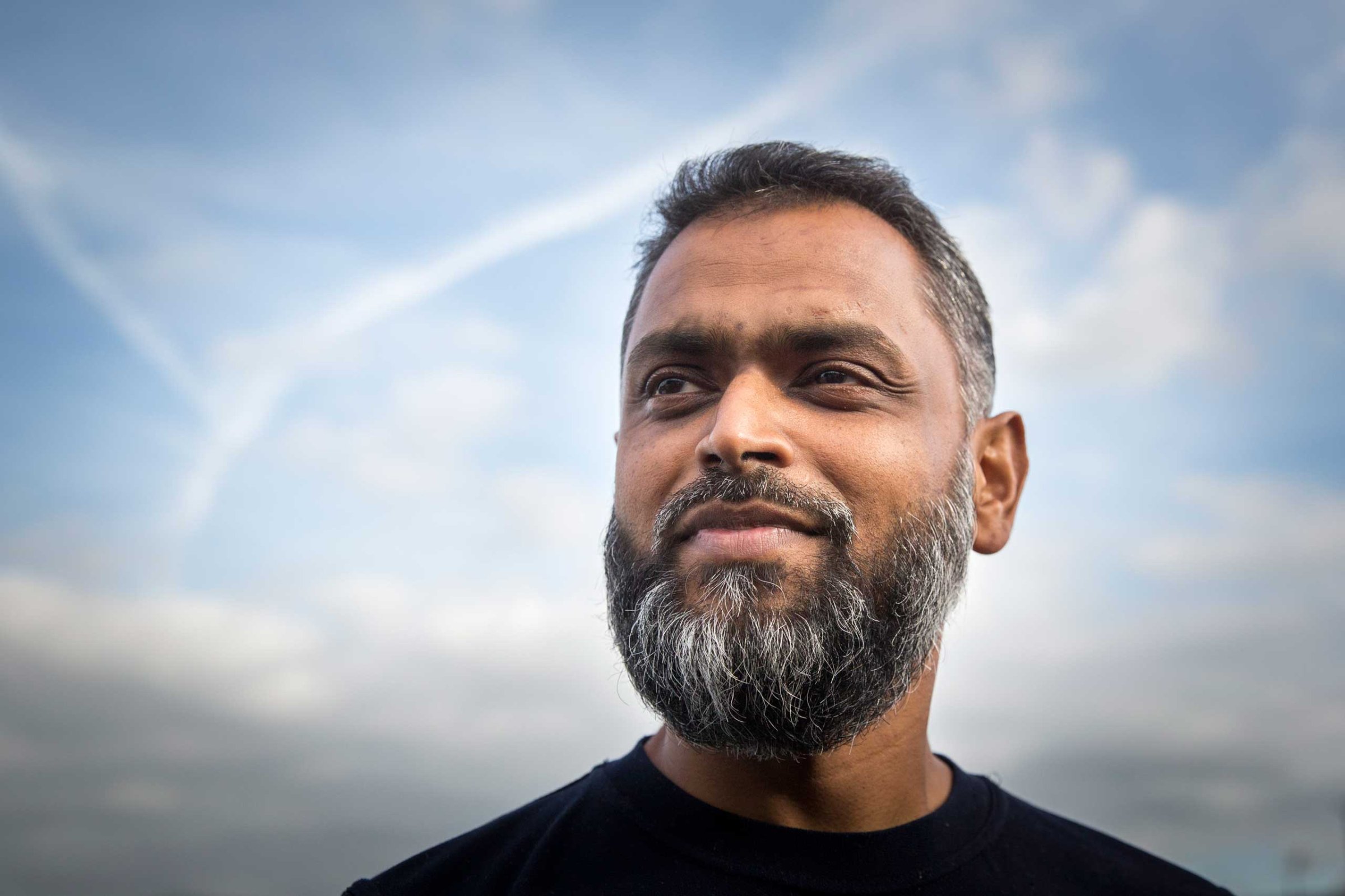
Over the dozen years since the Guantanamo Bay detention camp opened, more than 630 people have been allowed to leave the controversial U.S. prison in Cuba.
Over the weekend, six more inmates joined their ranks when they were moved to Uruguay as President Barack Obama continued to attempt to fulfill his long-held promise of shuttering the prison. The latest transfers reduced the number of inmates to 136, the lowest since the prison’s earliest days.
But where did all those inmates go? Those who have been transferred or released have been sent to at least 53 different countries, according to a list compiled by the New York Times and NPR. The majority have been repatriated to Afghanistan, Saudi Arabia or Pakistan, but hundreds of others have been repatriated or transferred to countries around the world.
(See more: Inside Guantanamo)
The majority have stayed away from terrorist activity and attempted to resume their lives, often in unexpected places. But 107 former detainees have since engaged in terrorist activity and another 77 are suspected of engaging in it as of July, the Office of Director of National Intelligence said in its semiannual report.
Here’s a snapshot of some of the countries that harbor former Gitmo detainees:
The United Kingdom
Moazzam Begg, one of 14 detainees transferred to Britain, is a British citizen of Pakistani descent who was detained in Pakistan in 2002 as a suspected al-Qaeda member and sent to Guantanamo for three years. He was released and dispatched to Britain in 2005, where he became a public speaker and activist; he was arrested again last February and charged with funding terrorism in Syria. Those charges were dropped in October.
Kuwait
Fawzi al-Odah was repatriated to Kuwait in November after nearly 13 years without a trial, marking the first of a recent wave of transfers from Guantanamo. As part of the agreement with Kuwait, which has taken in 11 former detainees, al-Odah will remain in custody for a yearlong rehabilitation program.
France
Lakhdar Boumediene, an Algerian who was detained while living in Bosnia in 2001, spent seven years in Guantanamo. Boumediene, who had been working for the Muslim branch of the Red Cross, went on a two-year hunger strike opposing his detention, and his case was brought to the Supreme Court, which issued a seminal decision in 2008 that Boumediene and other Guantanamo prisoners had a right to use the writ of habeas corpus under the U.S. Constitution. In the wake of that decision, he was ordered released — and in 2009 became one of nine former detainees who have been transferred to France, where he settled with his wife and three children.
Spain
Lahcen Ikassrien was handed over to Spanish custody in 2005 after the alleged Taliban fighter spent four years in Guantanamo; Spain soon released him for lack of evidence. In June, he was among nine people detained in a police sting on a network of jihadist recruiters.
Georgia
Six Guantanamo inmates have been transferred to Georgia since 2010, including three Yemenis who were resettled there last month (two others were sent to Slovakia).
Qatar
Six inmates have been transferred to Qatar, including one Qatari citizen in 2008 and five Afghan citizens who were released in exchange for U.S. Army Sgt. Bowe Bergdahl earlier this year in a Qatar-brokered deal with the Taliban. As part of the agreement, Qatar said it would impose a one-year travel ban on the five men.
Bermuda
In 2009, four Chinese Muslim men who had spent seven years in the U.S. prison were sent to Bermuda. The men, members of the restive Uighur community from Western China, were among the 22 Uighurs who had been detained in the wake of the U.S. invasion of Afghanistan but were later determined not have been enemy combatants. China called for their repatriation–which would have likely led to continued imprisonment–but then Bermuda Prime Minister Ewart Brown negotiated their release. Yet five years after they arrived in Bermuda, activists said that the men still lacked passports and were effectively stranded on the island.
Uruguay
The six men now in Uruguay, including four Syrians, a Tunisian, and a Palestinian, are expected to learn Spanish and adapt to new lives in Uruguay after more than 12 years in Guantanamo. They had been approved for release in 2009 but the U.S. could not find a destination for them until Uruguayan President Jose Mujica agreed to accept them on humanitarian grounds. “It is difficult for me to express how grateful I am for the immense trust that you, the Uruguayan people, placed in me and the other prisoners when you opened the doors of your country to us,” Abedlhadi Omar Faraj, one of the Syrian former inmates, said in a statement released by his attorney.
More Must-Reads from TIME
- Cybersecurity Experts Are Sounding the Alarm on DOGE
- Meet the 2025 Women of the Year
- The Harsh Truth About Disability Inclusion
- Why Do More Young Adults Have Cancer?
- Colman Domingo Leads With Radical Love
- How to Get Better at Doing Things Alone
- Michelle Zauner Stares Down the Darkness
Write to Noah Rayman at noah.rayman@time.com